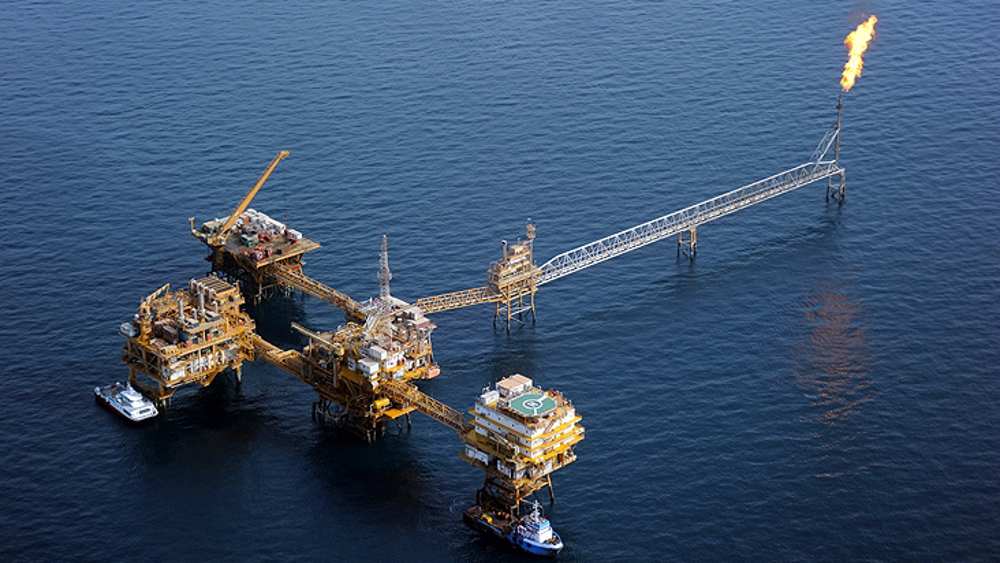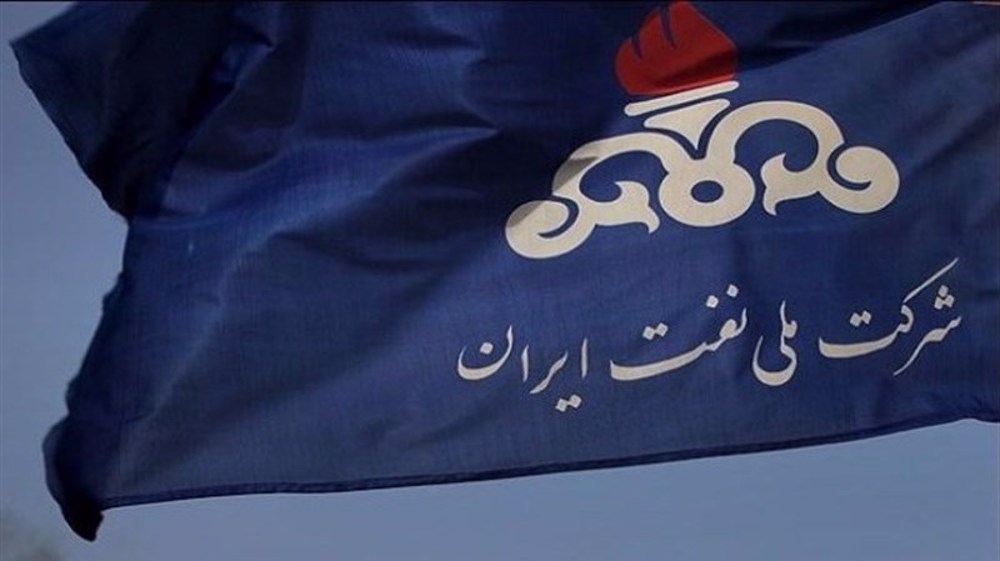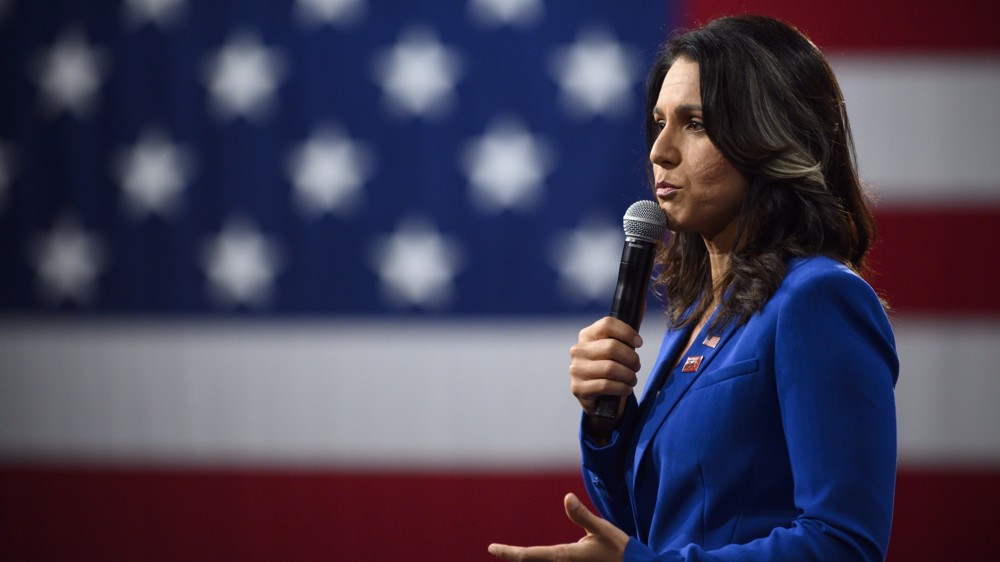Iran says OPEC to suffer from Saudi move to raise output
Iran says a recent move by Saudi Arabia to increase its production of oil despite last month’s agreement by the Organization of the Petroleum Exporting Countries (OPEC) to maintain supply limits has already put the credibility of the Organization at stake, stressing that Riyadh would be responsible for the future repercussions of this.
Iran’s Petroleum Minister Bijan Zanganeh warned that OPEC would gradually lose its effectiveness in controlling markets if member states fail to live up to their commitments as per production policies.
Zanganeh said what OPEC agreed on in its latest meeting envisaged full commitment by member states to reduce their production from July 1st.
“This decision gave no authorization to producers to increase their production beyond the quota as set in OPEC’s 171st meeting nor did it allow any change in the distribution of reduction quotas among member states,” he emphasized in a letter to OPEC President Suhail Al Mazrouei as reported by Iran’s Shana news agency.
“In other words, the decisions adopted and the quotas determined in the 171st meeting are still valid and the production of member states should be in line with the agreed commitments.”
Zanganeh complained that production of certain members in June far exceeded their agreed quotas – what he said was a clear violation of OPEC’s 171st meeting.
“There are concerns that such violations would remain over the remaining months of 2018 and would eventually become routine practice as opposed to the decisions adopted in the 171st and 174th meetings,” he added.
The Iranian minister further called on OPEC to install a strict supervision mechanism to monitor the production performance of member states from July and report possible violations by member states.
In a separate letter to Saudi Arabia’s energy minister Khalid Al-Falih, Zanganeh said the latest OPEC decision would alter the scope of responsibilities of the joint ministerial committee in charge of monitoring last month’s agreement.
The committee, which Al-Falih chairs, should “monitor and report production, and conformity levels of countries to their commitments for each country individually and one by one,” Zanganeh said in the letter, Shana added in a report that was also carried by Bloomberg.
Saudi Arabia and some other OPEC member states are largely believed to be under pressure by the United States to increase their production in a push meant to prevent market shocks once Washington materializes its threat to cut off Iran’s oil exports.
In May, US President Donald Trump announced that he would pull America out of a 2015 nuclear agreement with Iran and re-impose the sanctions that the deal had envisaged to be lifted.
The sanctions would include a universal ban on Iran over buying or acquiring US dollars which will come into force in August as well as restrictions over purchases of crude oil from the country and investing in its oil sector projects which will become effective by the start of November.

Key well launched at Phase 11 of Iran’s South Pars gas field

Iran can rely on its hydrocarbon resources for 100 years: NIOC

US intel report: Iran ‘not building nuclear weapon’
‘Full-blown crisis’: Gaza municipality warns as Israel cuts 70% of water supply
Italians against ReArm Europe
VIDEO | Trump tariff armageddon
Trump's war rhetoric against Iran to impose heavy costs on US and allies: Analyst
United in defense: Iranian civil activists warn US against war
Yemen conducts fresh operation against US warships in Red Sea
VIDEO | ‘Hands off!’ rallies sweep across US: Thousands assail Trump and Musk
VIDEO | Tens of thousands stage protest against EU's rearmament plan in Rome









 This makes it easy to access the Press TV website
This makes it easy to access the Press TV website